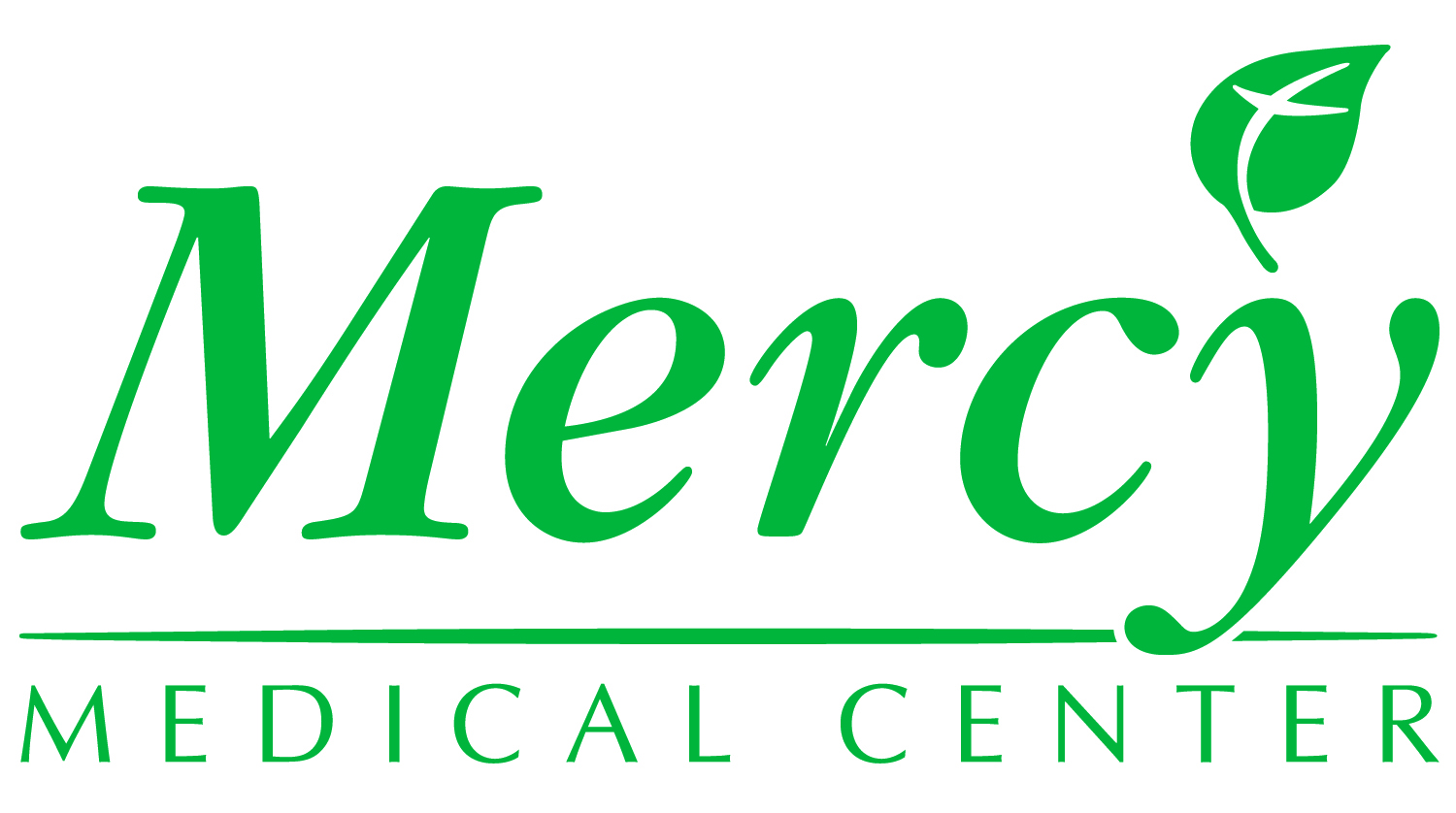Newswise — (Baltimore, MD) -- The Center for Liver and Hepatobiliary Diseases at Mercy in conjunction with the University of Maryland Medical Center (UMMC) assists patients through the liver transplant process. Mercy hepatologists including Dr. Paul Thuluvath, Dr. Anurag Maheshwari and Dr. Hwan Yoo meet with UMMC transplant surgeons to evaluate patients who may benefit from a potential transplant.
“Working with Dr. Maheshwari and the team at Mercy, our newest strategy is to maximize the opportunity for recipients of liver transplants to safely utilize a living donor whenever possible,” said Daniel G. Maluf, MD, FAST, a UMMC transplant surgeon and a Professor of Surgery and Director of the Program in Transplantation at the University of Maryland School of Medicine.
A living-donor transplant involves using a portion of the liver taken from a living, healthy donor and used to replace a diseased or malfunctioning liver. With successful surgery, the transplanted liver portion grows and restores the patient’s normal liver function; the donor's remaining liver regrows and returns to normal, typically within a few months after surgery.
“If the patient is a good candidate for transplant, they receive the procedure at UMMC where pre- and post-operative care is provided. Mercy’s Center for Liver and Hepatobiliary Diseases coordinates care with the liver transplant center for optimal post-operative treatment,” said Dr. Maheshwari, who is also Medical Director of the Live Donor Liver Transplant program at UMMC.
“There are a number of benefits to the living donor option. For one, to eliminate the lengthy waiting times for a transplantable liver from a deceased donor. Further, patients can develop serious medical complications due to the prolonged wait times. We’ve found that those receiving a living donor liver transplant avoid many of these health problems and enjoy a longer survival rate for the donated liver,” Dr. Maheshwari said.
According to Dr. Maheshwari, both UMMC and Mercy Medical Center recently agreed to a shared vision to advance the care of patients with advanced liver disease, resulting in the creation of the Advanced Liver Disease Network.
Founded in 1874 by the Sisters of Mercy, Mercy Medical Center is located in downtown Baltimore City, about six blocks from Baltimore's famed Inner Harbor. A university-affiliated teaching facility, Mercy is a Catholic hospital with a national reputation for women's health care, orthopedics, and other specialties. Mercy is home to the renowned Weinberg Center for Women's Health & Medicine, and the $400+ million Mary Catherine Bunting Center. For more information, visit www.mdmercy.com, and MDMercyMedia on Facebook and Twitter, or call 1-800-M.D.-Mercy.

